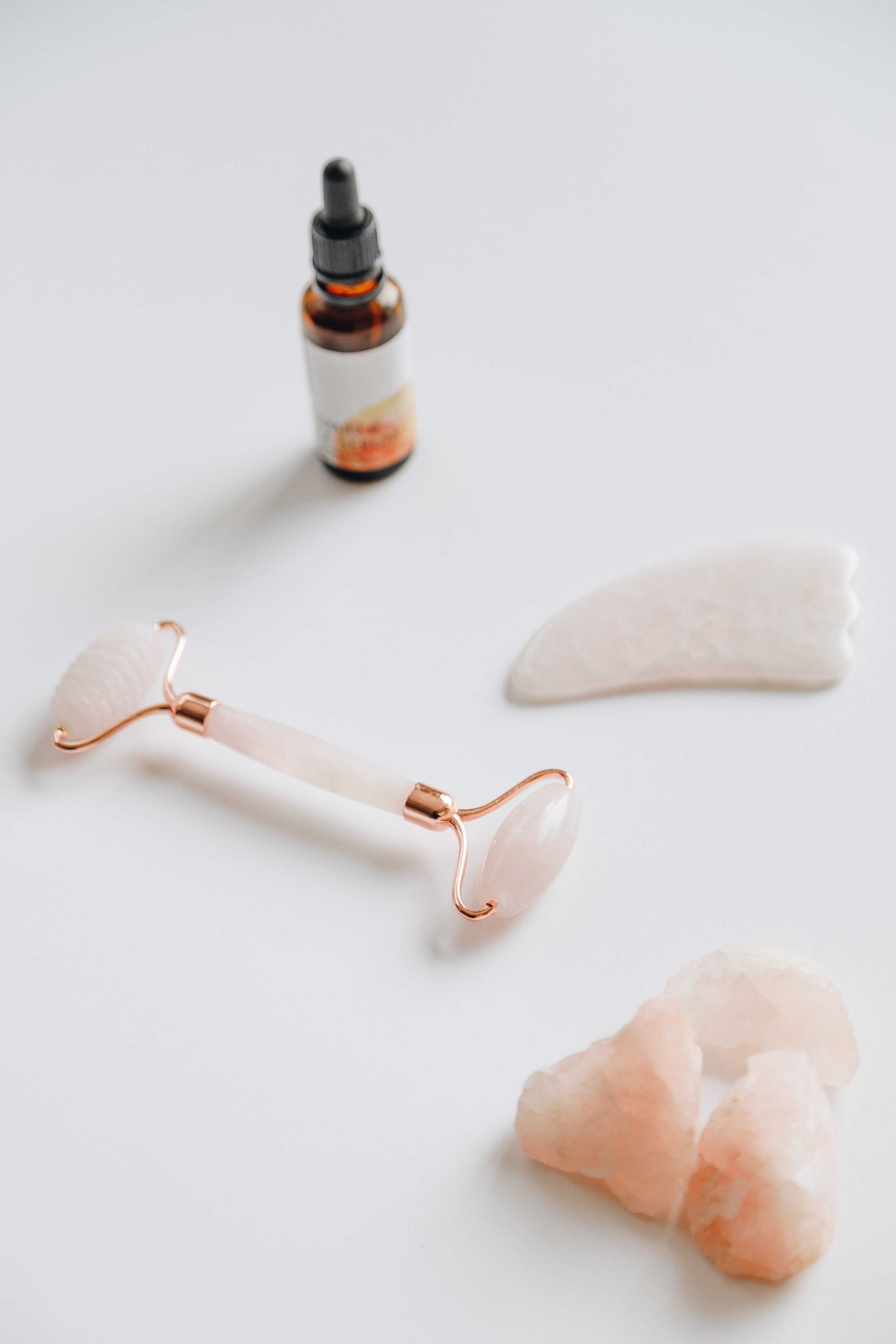If you have oily skin, you might think that you shouldn’t use skincare that includes oils. You might believe that adding more oil to your skin will just leave it greasier. However, using the right face oil can bring a whole host of benefits to all types of skin, including those with oily and combination skin.
What are the Benefits of Face Oil for Oily Skin?
Oily skin can still be dehydrated. Many people with oily skin might think they can skip moisturizer altogether, and instead use products for oily skin types that work to mattify the skin. But when the skin is dehydrated, it will produce more sebum, leading to an oily complexion. Using oil to moisturize the skin will help you to achieve a balanced complexion whilst also nourishing and softening skin. Some oils can also act as an exfoliator, sloughing away dead skin cells and preventing them from clogging pores.
The right type of oils can clear breakouts in a gentle way – other, harsher products can strip the skin which will prompt it to produce even more oil. Some oils are also anti-inflammatory, which can help to soothe the skin and reduce breakouts. Overall, facial oils can reduce breakout by balancing the sebum that’s produced by the skin and soothing irritation.
Many facial oils are rich in antioxidants, vitamins, and fatty acids, which protect and nourish the skin. They work to reduce redness, irritation, and damage, repairing the skin’s natural barrier for soft, glowing skin.
Which Oils are Good for Oily Skin?
It’s important to use the right type of facial oils on oily and combination skin. You should look for lighter oils that won’t be too heavy on the face.
Jojoba oil is an ultra-lightweight oil that’s super-hydrating. It’s one of the closest oils to our own sebum and so is perfect for helping to balance our natural production of oil. Jojoba oil is non-comedogenic, meaning it won’t clog pores and it’s also able to penetrate the deeper layers of skin, so can carry active ingredients to intensely nourish. This leaves skin looking plumper and can help reduce the appearance of fine lines and wrinkles when combined with the right active ingredients.
Argan oil is another great oil for oily skin. Known as ‘liquid gold’, argan oil is rich in nourishing and soothing ingredients, such as vitamin E and other powerful antioxidants. It’s also packed full of fatty acids and anti-inflammatory ingredients that further work to soothe and moisturize the skin, all whilst maintaining a balance in sebum levels.
Desert Date oil is good for oily skin as it has a dry touch and quickly penetrates, so it will never leave the skin feeling greasy. This oil is also packed full of nourishing fatty acids and protective antioxidants, helping to reduce damage caused by environmental stressors and leave the skin soft and silky.
How to Use Face Oil if You Have Oily Skin
It’s important to use face oil in the right way if you have oily skin. Before you apply facial oil, you should always cleanse thoroughly with a gentle cleanser. This will remove any dirt and impurities that could otherwise clog your pores. Incorporating a cream exfoliator into your skincare routine will also help to lift away dead skin cells and other impurities. Follow this with any lighter, water-based skincare products, as these will absorb quicker. Finish with the facial oil to lock-in moisture for soft, hydrated skin.
When using face oil on oily skin, remember less is more. You will usually only need a couple of drops of facial oil to work effectively on your whole face. You could apply it on its own or mix one or two drops in with your usual moisturizer for more intense hydration.













